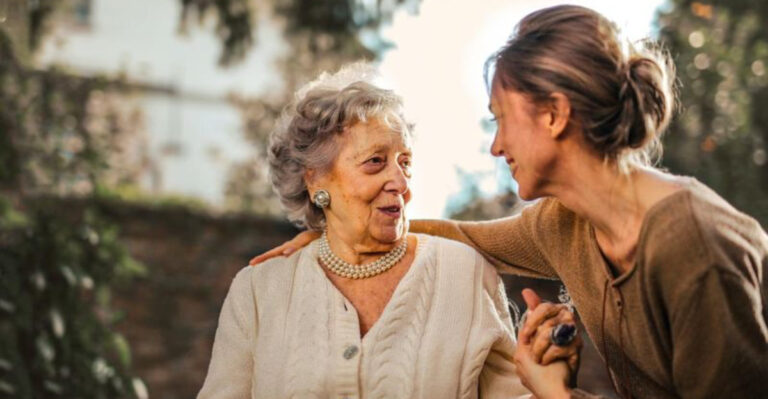16 Things You Should Never Say To Someone Over 60
Ever heard someone say, “You look good for your age” and felt that weird punch in the gut—for them, not you? This list isn’t about tiptoeing or policing every word—it’s about seeing the hidden barbs in phrases we brush off, and finally calling them out. Because our words land differently when someone’s lived six decades, paid their dues, and still shows up for life every day.
You want honesty? Here it is: The stuff below isn’t just cringey. Sometimes, it stings. Not because older adults are fragile, but because they’re human—and sick of being boxed in by lazy assumptions.
Grab your coffee. Let’s talk about the sixteen lines you should never throw at someone over 60—and what’s really hiding behind each one.
1. “You look good for your age.”

If you’ve ever said this, maybe you meant well. Maybe you wanted to compliment her—your aunt at Thanksgiving, or your neighbor at the pool. But here’s the thing: You just handed out a backhanded trophy.
It’s like you expected her to fade by now, and you’re surprised she hasn’t. The phrase hints that looking good is the exception, not the rule. It’s a compliment wrapped in disbelief, and trust me, she notices the wrapping more than the gift.
She’s heard it before. Every time, it reminds her how society ties beauty, worth, and age into a tangled knot. Next time, try this: “You look happy.” Or just “You look great.” She’ll take those words and run—no qualifiers necessary.
2. “Aren’t you too old to do that?”

Picture this: a grandpa lacing up new running shoes, itching for that 5K. The last thing he needs is someone policing his bucket list with “Aren’t you too old to do that?”
People don’t magically lose their sense of adventure at 60, 70, or even 90. This phrase doesn’t make someone reconsider their limits—it makes them question why you’re so invested in putting up walls.
If you’re worried about safety, offer your help or cheer them on. Don’t act like the age police. Sometimes, the wildest thing about getting older is how young you feel inside, even when your knees make new noises.
3. “You’re just getting forgetful.”

She’s halfway through a story and stumbles over a detail. You crack a joke about forgetting things. It lands with a thud.
Forgetfulness happens at any age—ask anyone who’s ever lost their keys at 25. Singling it out as “just age” turns an ordinary moment into a loaded one. She’s not a punchline, and your offhand remark reminds her of every stereotype she’s had to dodge.
Instead, show a little patience or—even better—join the search for the missing keys. You’d be surprised how much lighter it feels when you all laugh together, instead of at her.
4. “You’re still working?”

Every time someone hears this, it stings a little—like their life choices are up for debate. Maybe she loves her job, maybe she needs it. Why should she explain herself to you?
Plenty of folks over 60 find purpose in their work. They show up, not because they missed the retirement memo, but because they want to. Or maybe because healthcare isn’t free and bills don’t disappear at 65.
Try curiosity instead of judgment: “What do you enjoy about your work?” You might hear a story that changes your mind about what “still” really means.
5. “Do you know how to use that?”
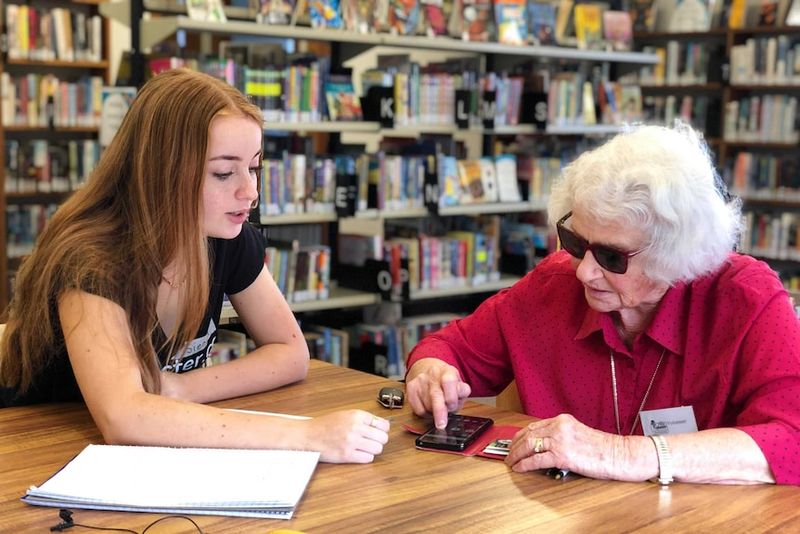
Hand her a new phone and watch her eyes narrow. Here comes the expectation: she’ll fumble, and you’ll rescue her. But what if she’s been texting grandkids memes since before you could spell “emoji?”
Assuming she’s lost in tech-world says more about your bias than her skills. It’s not just patronizing—it’s tiring. People over 60 have rebuilt careers, run businesses, and learned to code before you were born.
If she needs help, she’ll ask. Otherwise, let her surprise you. Maybe she’s about to teach you something you didn’t know.
6. “You must be lonely.”
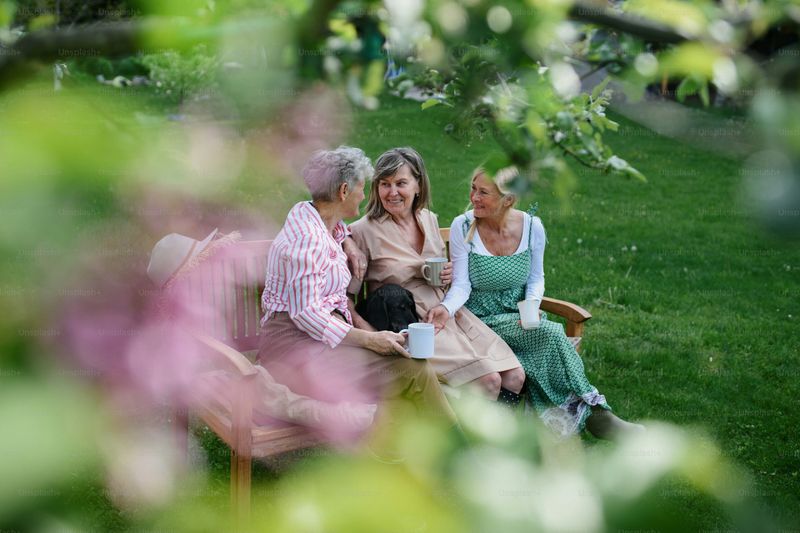
Here’s the truth: loneliness isn’t a side effect of birthdays. Some people over 60 have a more active social life than millennials. But when you say, “You must be lonely,” you box them in with assumptions.
It hits different if she lost a partner or moved away from friends. But don’t treat her like a charity case. Instead, show up and be present—ask how she’s doing, not how you think she’s doing.
Sometimes, the loneliest feeling is when people stop seeing you for who you really are. See her, not just her age. That’s real company.
7. “Act your age.”

She danced at her granddaughter’s wedding—maybe even did the worm. You rolled your eyes and muttered, “Act your age.” But what does that even mean?
Age isn’t a prison sentence with a list of banned activities. Telling her to “act her age” says you’re uncomfortable with her joy, not that she’s out of line. She’s not here to play by rules written by strangers.
Let her be ridiculous. Let her laugh too loud or sing off-key. Those are the moments she’ll remember—and so will you.
8. “You’re stuck in your ways.”

He switched to oat milk last year, started learning Spanish, and somehow you still think he’s set in stone. “You’re stuck in your ways” is just lazy shorthand for “I don’t want to listen.”
Sure, routine feels safe—at any age. But so does the thrill of something new, and people over 60 crave that as much as anyone. The real question: Have you asked him what he’s excited about?
Before you label him, take a look at your own habits. Odds are, he’s more open-minded than you think.
9. “When I get that old…”

Let’s be honest: nobody wants to hear their future described like it’s a sentence. “When I get that old…” always lands with a thud—like you’re dreading every year that comes after 60.
It makes her feel like the punchline in your story about aging, and nobody wants to be your cautionary tale. Instead, ask her what her favorite decade has been—she might surprise you with her answer.
Next time you catch yourself starting this sentence, pause. Respect the years she’s lived, and remember: she’s not a warning sign on the highway of life.
10. “You wouldn’t understand.”

He’s right there in the room as you swap stories, and you toss out, “You wouldn’t understand.” Are you sure? Because he’s survived trends you haven’t even heard of.
People over 60 have seen the world turn upside down more times than most. They’re not out of touch—they’re just playing on a different level. Give them a real shot at the conversation.
The next time you’re tempted to shut someone out, hand them the aux cord or ask for their take. You might find their wisdom comes with a side of humor.
11. “You’re aging so gracefully.”
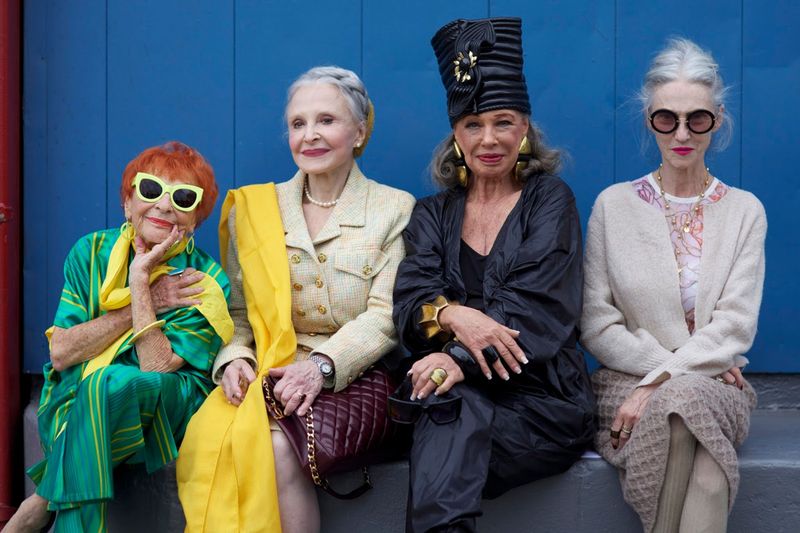
She hears this and wonders—are you complimenting her, or just amazed she hasn’t crumbled? Why must aging be something to “handle” with grace? It’s not a crisis—it’s living, plain and simple.
“Aging gracefully” sets up an impossible standard, like she needs to pass some test just to exist. What if she’s not interested in being graceful at all?
Try this: Notice her passion, her wit, her presence. Compliment the fire, not just the packaging.
12. “It must be nice to have free time.”
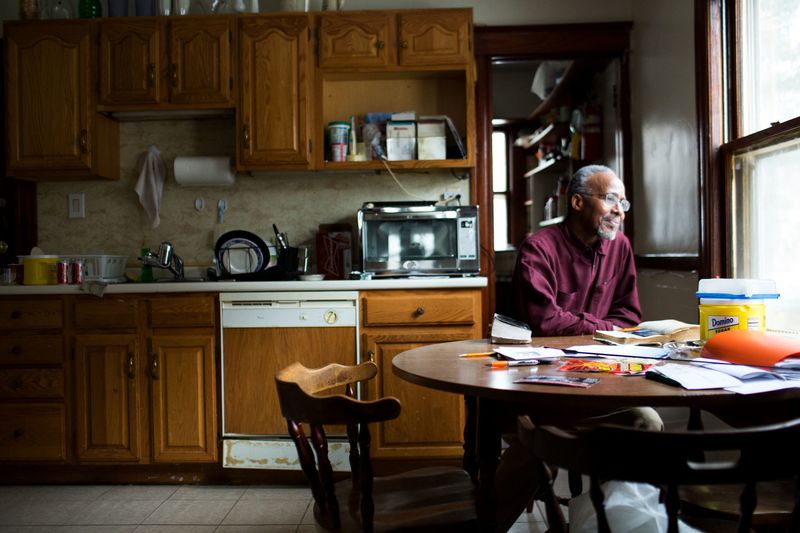
Freedom after 60 isn’t a lazy river. It’s more like a whitewater rapid—appointments, grandkids, volunteering, fixing what’s broken again. Saying “It must be nice to have free time” overlooks the invisible labor he carries every day.
Retirement doesn’t erase responsibilities—it just shuffles the deck. Maybe he’s busier now than ever, just in different ways. The assumption that his days are empty can feel like an erasure.
Ask him about what fills his time. You’ll learn a lot more than you bargained for.
13. “You probably don’t want to hear this.”

Before you drop your opinion, you buffer it with, “You probably don’t want to hear this.” Why? Because you’ve decided age means closed ears—or worse, closed minds.
It’s a way of sidestepping real connection. People over 60 can handle uncomfortable truths, fiery debates, and even gossip—just like anyone else.
Start with honesty, not shrinking. Trust her to handle the moment, even if your views clash.
14. “Are you sure you should be doing that?”

There’s a thin line between concern and condescension. “Are you sure you should be doing that?” often lands on the wrong side of it.
It’s not your job to second-guess her choices. The best adventures sometimes start after 60—when you finally have the nerve to try.
If you’re worried, offer support, not skepticism. She knows her limits better than you do.
15. “You remind me of my grandma.”
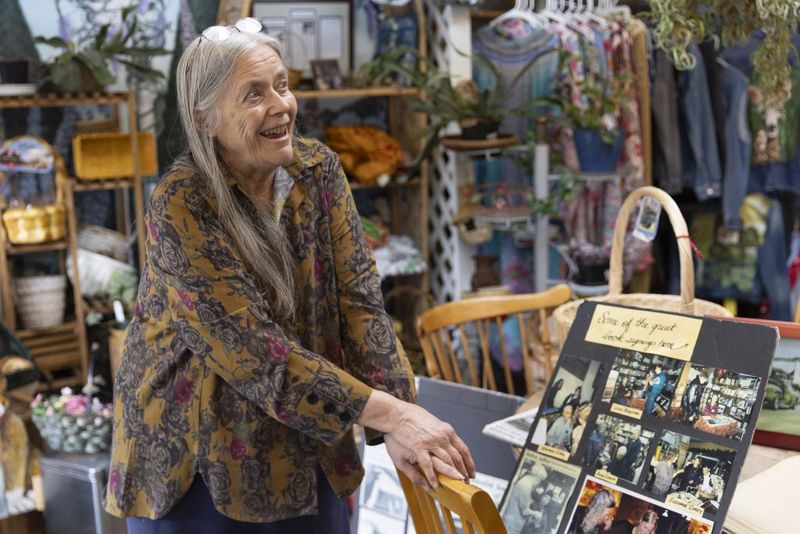
It sounds sweet, but it’s a shortcut to lumping all older women together. She’s not your grandma—she’s herself, with her own quirks and stories and sharp opinions.
When you use this phrase, you flatten her into a stereotype, even if it’s a kindly one. She wants to be seen for who she is—not for how she fits into your family tree.
Next time, talk about what makes her unique. Bet you’ll get a story your grandma never told.
16. “At your age, you should…”

The world loves giving advice to people over 60. “At your age, you should…” is the start of every unsolicited rulebook.
He’s tired of being measured by your stick. He’s writing his own script and breaking the ones you hand him.
Next time, keep your advice unless it’s asked for. Watch what happens when he sets his own pace.







